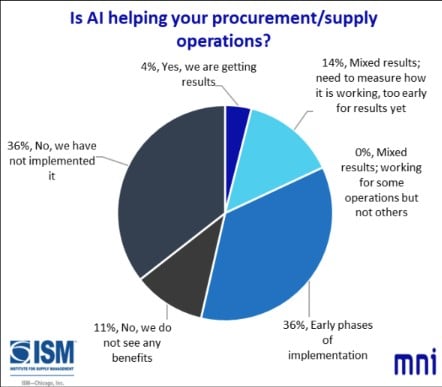Chicago Business Barometer™
The Chicago Business Barometer™, jumped 11.3 points to 54.0 in January. The index is in expansionary territory for the first time since November 2023, after twenty-five consecutive months below the key 50 mark.
The rise was driven by increases in Employment, New Orders, Order Backlogs and Production. A decline in Supplier Deliveries provided a marginal offset.
Read Press report for full details.
Released January 31, 2026.
Why the best leaders help their teams to "savor" the world
Leadership
A Gallup report states that "The world is on an emotional edge," with some 39% reporting that they spend many days filled with worry. This is why leadership coach Lisa Bennett recommends that leaders begin a practice of savoring the positive things in life and passing that sense of wonder on to their teams in small gestures. Some leaders make it a point to tell team members what they genuinely appreciate about them, while others find positive ways to personally connect with their teams, in an effort to build emotional bandwidth into their culture, Bennett writes.
Full Story: Big Think (12/23)
Friend or Foe? Artificial intelligence (AI) and negotiation
A New Kind of Negotiation Partner: AI at the Table
For years, procurement professionals have focused on one core challenge: how to negotiate deals that create more value for both sides. Now, that landscape is shifting fast — thanks to artificial intelligence.
Recent research explored one of the first real-world tests of how generative AI tools, like ChatGPT, influence negotiation strategies and results. The findings were eye-opening — not only in the outcomes achieved, but also in how negotiators approached discussions, shared information, and built value.
The studies, detailed in Friend or Foe? Artificial Intelligence (AI) and Negotiation, show that AI isn’t just another tool — it’s a new type of negotiation partner that’s reshaping how buyers and suppliers engage.
For procurement leaders, the takeaway is clear: as AI enters the negotiation process, understanding how to leverage it effectively — or negotiate against it — will be a critical skill in the next evolution of strategic sourcing and supplier management.
Full Story: AALBORG University, Published in International Journal of Commerce and Contracting (10/2025)

